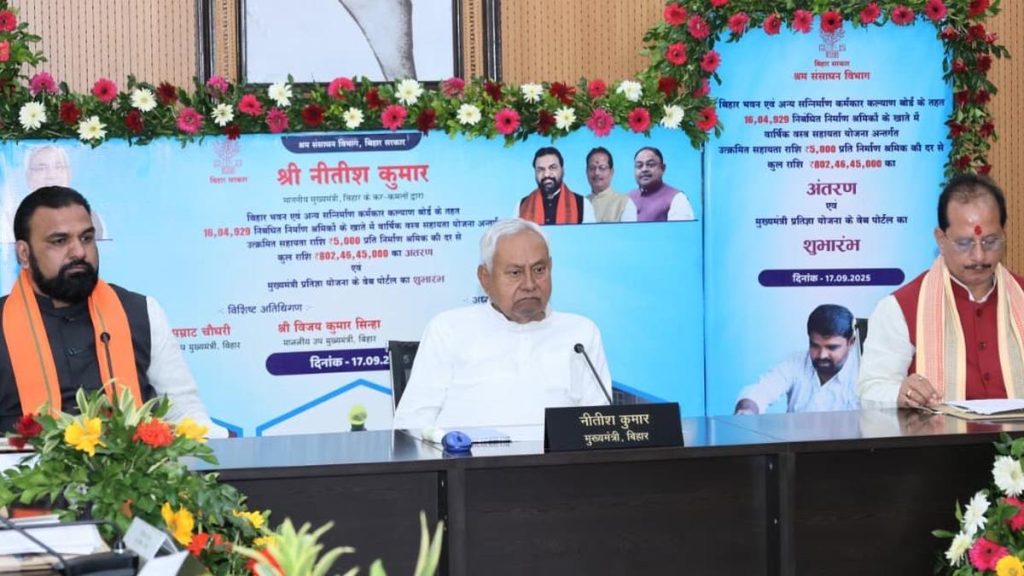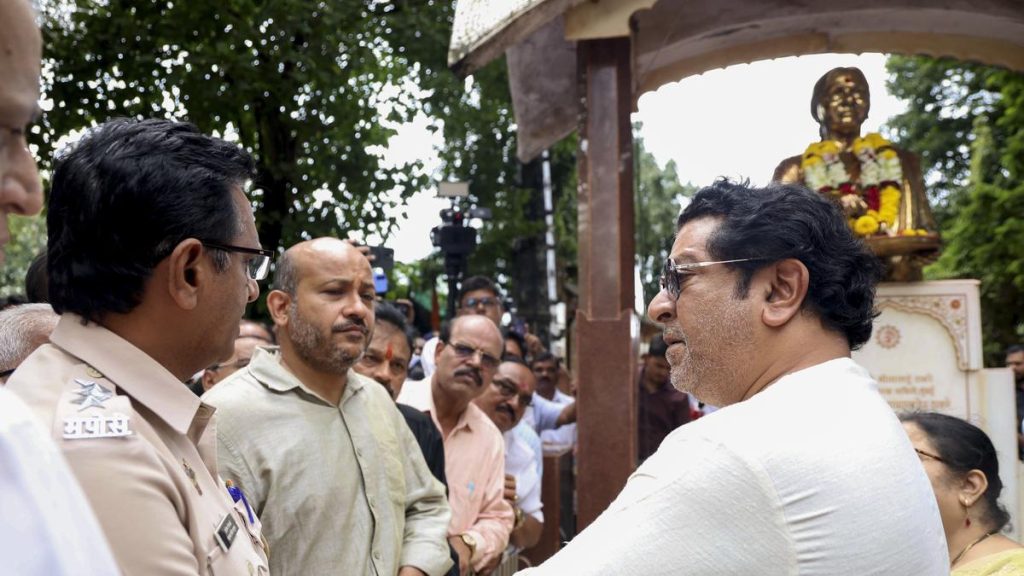Now Reading: Former Hurriyat Chief Abdul Gani Bhat, Known for Talks with NDA, Passes Away
-
01
Former Hurriyat Chief Abdul Gani Bhat, Known for Talks with NDA, Passes Away
Former Hurriyat Chief Abdul Gani Bhat, Known for Talks with NDA, Passes Away
Quick Summary
- Former Hurriyat Chairman Professor abdul Gani Bhat passed away in Sopore, north Kashmir, at the age of 89.
- Bhat had been unwell for several days and died peacefully at his residence. Authorities suggested completing last rites by Wednesday night.
- Mirwaiz Umar Farooq and other colleagues from Srinagar were barred from visiting Sopore during the final rites.
- Bhat’s political career ranged from mainstream electoral politics to advocating for a peaceful resolution of the Kashmir problem. He co-founded the Muslim United Front in 1987 before heading Hurriyat-a coalition of separatist groups-in the 1990s.
- He actively advocated for structured talks on Kashmir involving both Delhi and Islamabad, meeting Indian leaders like L.K. Advani in 2004 and facing both praise and criticism for urging political dialog over violence.
- In recent years, he faced backlash within separatist circles for suggesting compromises such as moving beyond U.N. resolutions on Kashmir to align with mainstream parties.
- The Ministry of Home Affairs declared his Muslim Conference an unlawful association under UAPA in 2024 due to its alleged activities.
- Tributes came from various leaders including Mirwaiz Umar Farooq, PDP president Mehbooba Mufti, National Conference vice president Omar Abdullah-all highlighting Bhat’s legacy as a moderate voice advocating peace.
Indian Opinion Analysis
Professor Abdul Gani Bhat’s demise marks the end of an era within separatist politics in Jammu & Kashmir that sought dialogue amid decades-long conflict. his unique approach-incorporating moderation instead of militancy-challenged adversarial norms but often alienated him within hardline factions. While criticized by peers at times for adopting pragmatic stances like engaging Delhi interlocutors or questioning U.N.’s applicability to Kashmir’s resolution process, his career highlights influence through peaceful advocacy.
The tributes from across ideological divides underline a notable respect for his intellectual contributions even among those who disagreed with him politically. For India, this signifies how individuals positioned between mainstream politics and separatism can shape discussions around long-standing conflicts-potentially bridging trust gaps when dialogue resumes between stakeholders such as Srinagar, New Delhi, or Islamabad.Read more: Source























